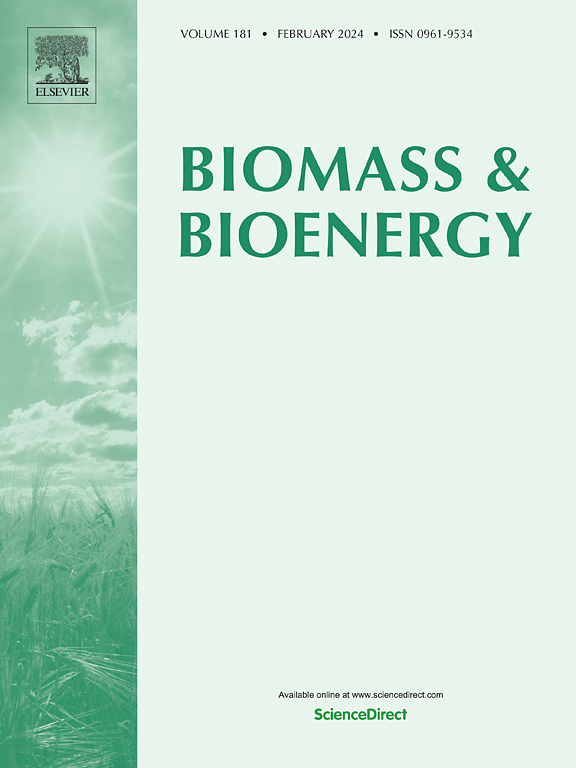Assessment of seasonal feedstock changes in long-term anaerobic digestion: Monoterpenes influence on the microbial consortium
IF 5.8
2区 生物学
Q1 AGRICULTURAL ENGINEERING
引用次数: 0
Abstract
The anaerobic digestion (AD) of fruit and vegetable waste (FVW) from wholesale markets can be significantly impacted by seasonal variations in feedstock composition. For this reason, this research aimed to evaluate the adaptability of anaerobic reactors to the different disturbances in feedstocks composition that may develop during long-term treatment of FVWs. Results showed that the system could be flexible enough to cope with type feedstock changes with an appropriate gradual adaptation process. Monoterpenes accumulation led to a decline in acetoclastic methanogens, particularly Methanosarcina, resulting in volatile fatty acids (VFAs) accumulation and process acidification. However, monoterpenes content reduction in the feedstock enabled AD process recovery, increased Methanosarcina relative abundance, stabilized methane production at 224 ± 13 mL CH4/g VS, and decreased VFAs by approximately 20 %. Therefore, it could be concluded that monoterpenes are compounds with a relevant potential impact and their cumulative levels in anaerobic reactors must be carefully monitored.

求助全文
约1分钟内获得全文
求助全文
来源期刊

Biomass & Bioenergy
工程技术-能源与燃料
CiteScore
11.50
自引率
3.30%
发文量
258
审稿时长
60 days
期刊介绍:
Biomass & Bioenergy is an international journal publishing original research papers and short communications, review articles and case studies on biological resources, chemical and biological processes, and biomass products for new renewable sources of energy and materials.
The scope of the journal extends to the environmental, management and economic aspects of biomass and bioenergy.
Key areas covered by the journal:
• Biomass: sources, energy crop production processes, genetic improvements, composition. Please note that research on these biomass subjects must be linked directly to bioenergy generation.
• Biological Residues: residues/rests from agricultural production, forestry and plantations (palm, sugar etc), processing industries, and municipal sources (MSW). Papers on the use of biomass residues through innovative processes/technological novelty and/or consideration of feedstock/system sustainability (or unsustainability) are welcomed. However waste treatment processes and pollution control or mitigation which are only tangentially related to bioenergy are not in the scope of the journal, as they are more suited to publications in the environmental arena. Papers that describe conventional waste streams (ie well described in existing literature) that do not empirically address ''new'' added value from the process are not suitable for submission to the journal.
• Bioenergy Processes: fermentations, thermochemical conversions, liquid and gaseous fuels, and petrochemical substitutes
• Bioenergy Utilization: direct combustion, gasification, electricity production, chemical processes, and by-product remediation
• Biomass and the Environment: carbon cycle, the net energy efficiency of bioenergy systems, assessment of sustainability, and biodiversity issues.
 求助内容:
求助内容: 应助结果提醒方式:
应助结果提醒方式:


